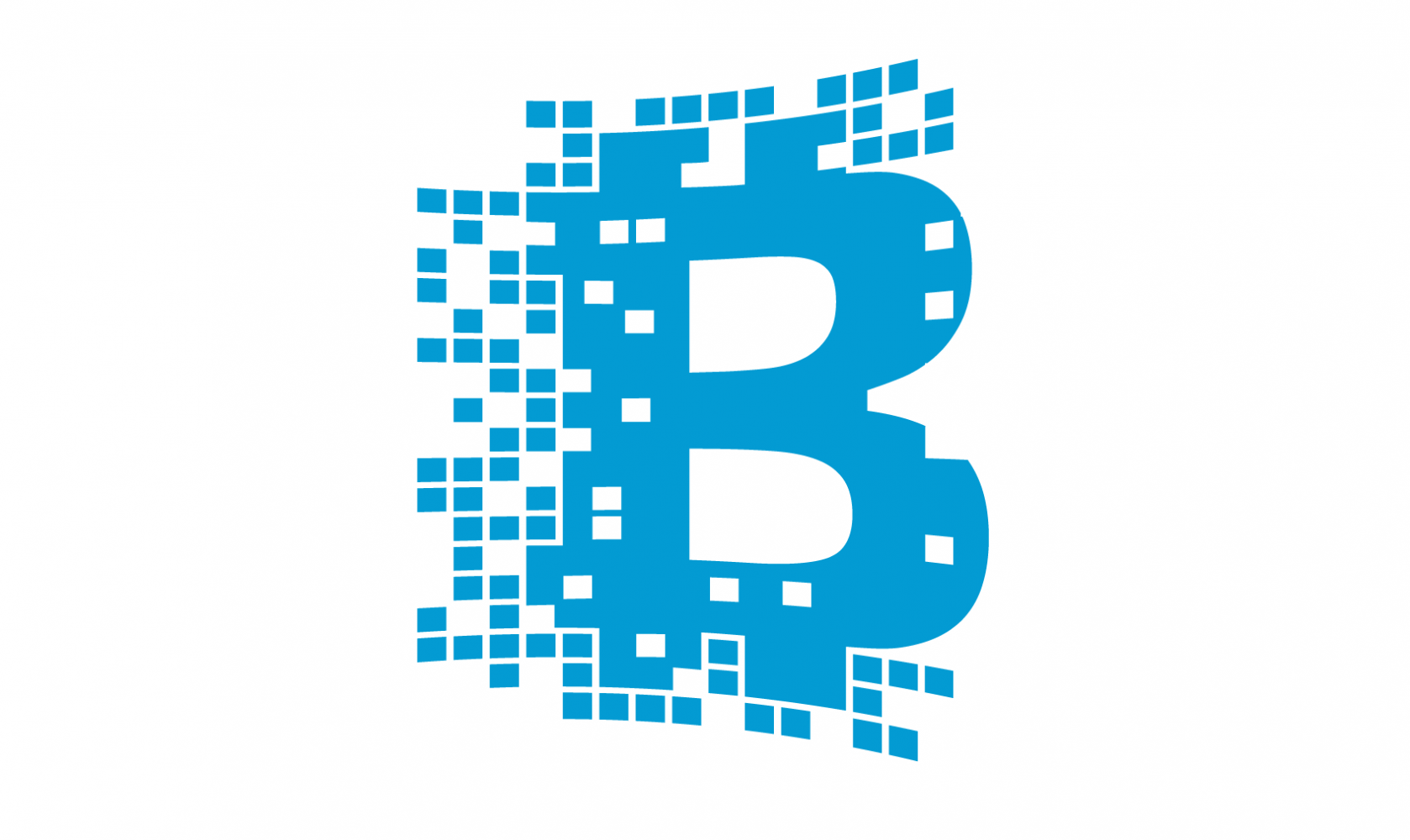

Two banks have signalled what could be the beginning of widespread acceptance of blockchain among the financial community.
Credit Suisse Group AG and ING Groep NV completed a 25m euros (£22.2m) securities lending transaction using blockchain-based software.
Blockchain is being increasingly adopted around the world. In January a joint venture between IBM and shipping giant Maersk said they would use blockchain in the movement and shipment of goods around the world.
That development came despite the fact that Blockchain has until now been mostly associated with banks and financial systems
This is because it is a digital technology for recording and verifying transactions. Until recently, it was mostly associated as the global online ledger that underpins the bitcoin digital currency.
IBM has already predicted that most banks will adopt blockchain, but blockchain is also suited to other industries.
And now it seems to be coming true, after Credit Suisse and ING, alongside fintech innovator HQLAx, said they had swapped baskets of securities of value 25m euros using the HQLAX Corda-based collateral lending application.
During the transaction, Credit Suisse and ING agreed to transfer legal ownership of Dutch and German government securities on the platform using HQLAX Digital Collateral Records (DCRs) while the underlying securities remained static within unique DCR-linked custody accounts held by Credit Suisse and ING at Credit Suisse (Switzerland) Ltd.
“The use of DCRs to effect transfers of securities can ultimately help enhance regulatory transparency, mitigate systemic risk, reduce operational risk, and help financial institutions manage capital more efficiently,” they said.
“The success of this first live transaction speaks to the potential for blockchain technology to help improve collateral fluidity by creating a more efficient, transparent, and cost effective marketplace for liquidity transfers,” said Romain Dumas, Head of Rates Repo and Collateral Optimisation at Credit Suisse Securities (Europe) Limited.
“This transaction proves the progress we are making towards deploying Distributed Ledger Technology for the benefit of our clients and society by making the financial industry more efficient and more resilient,” said Ivar Wiersma, Head of Wholesale Banking innovation at ING.
Blockchain is a hot topic at the moment within financial circles. Previous studies have predicted that moving to a distributed database using blockchain could help banks save billions on costly data processes.
The Bank of England started testing Blockchain with PwC in 2016, and IBM thrown its weight behind it as well.
Even the UK government has been getting involved so, although there is still work to be done, the future of blockchain is looking bright.
Do you know your PayPal from your Bitcoin? Try our quiz!
Solving not-spots? Ofcom proposal to make UK the first European country to allow ordinary smartphones…
Pioneering robotaxi service from Alphabet's Waymo to go live in Washington DC next year, as…
Dozens of Chinese firms added to US export blacklist, in order to hamper Beijing's AI…
Chinese rival BYD overtakes global revenues of Elon Musk's Tesla, as record number of Tesla…
Messaging app Signal in the headlines after a journalist was invited to a top secret…
OpenAI chief operating officer Brad Lightcap to oversee international expansion as company consolidates lead in…